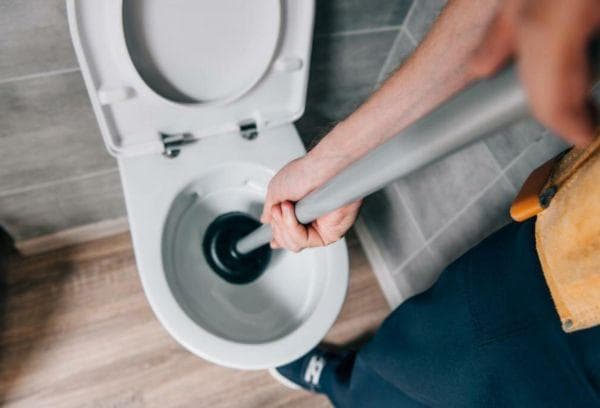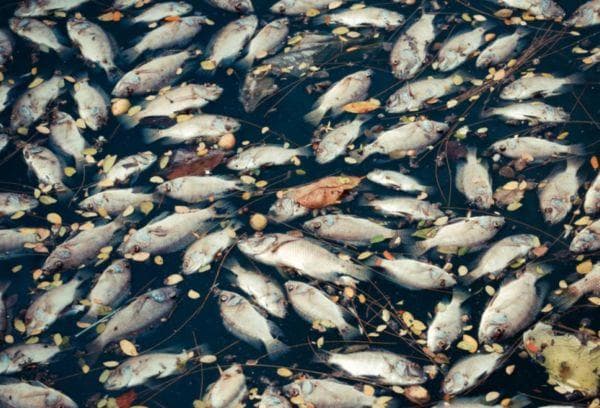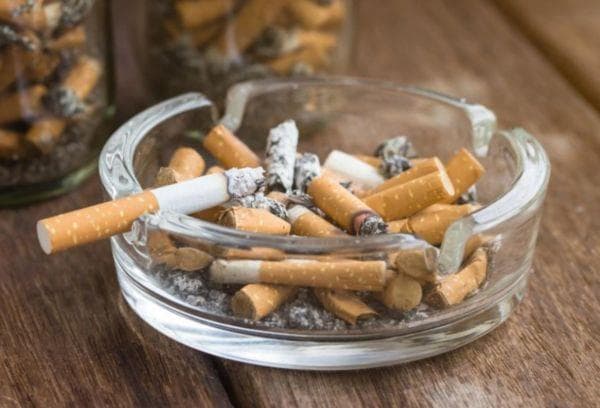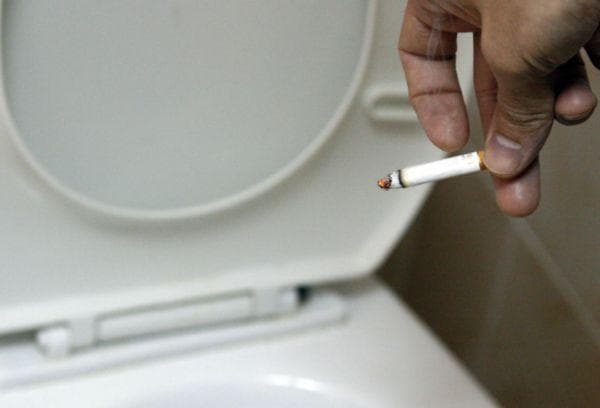Fish death and environmental disaster: experts say whether gobies can be flushed down the toilet
Many people choose to flush bullheads down the toilet instead of throwing them in the trash. At first glance, this method seems to be the most rational, because:
- there is no risk of fire;
- the unpleasant smell does not spread throughout the apartment;
- There are no traces left at the “crime scene,” which makes it possible to smoke secretly.
But despite the advantages, it is still impossible to flush the bulls into the sewer. If only because they can cause blockages, and they do not have the best effect on the environmental situation.
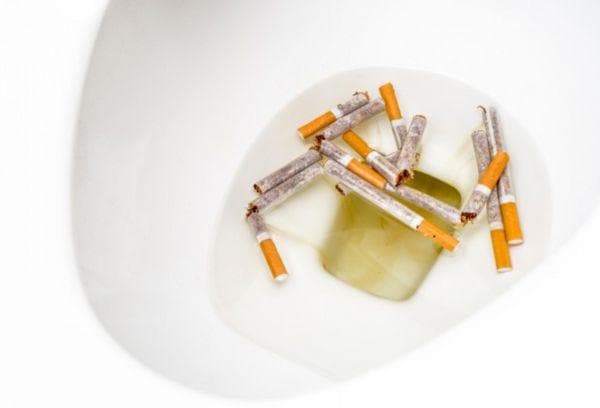
Blockage
A cigarette butt consists of several parts: a filter, tobacco residue and tissue paper. None of this, unlike toilet paper and newspapers, dissolves in water, so throwing the bulls into the toilet is dangerous - if they get stuck in some part of the pipe, only a plumber will be able to clear the blockage using a special cable.
One cigarette butt, washed away with plenty of water, is unlikely to lead to negative consequences. But if you have the habit of collecting waste in a jar and then shaking its contents into the toilet, keep in mind that sooner or later a “plug” will form from a large amount of insoluble waste in the pipe. Especially if you also pour leftover grease down the drain and throw away hair, paper towels, and wet wipes.
Water poisoning
In addition to the fact that cigarette butts pose a threat to the operation of sewer systems, they also kill fauna in natural bodies of water. This is due to the high content of nicotine and tar in the tobacco mixture. When these substances get into rivers along with wastewater, they literally poison the environment.
As a result, fish, crustaceans and other inhabitants of the aquatic world die. Considering the fact that the number of cigarette butts flushed down the toilet every day around the world is continuously growing, in the long term this is fraught with environmental disaster.
Many people mistakenly believe that if you do not throw bulls directly into rivers and lakes, then there will be no harm to nature. However, even when cigarette residues do not end up in water bodies, but remain on the screens of treatment facilities, they still do their dirty work - during their stay in the settling tanks, the water turns into a concentrated nicotine infusion, which retains its toxic properties even after passing through the filters.
Plastic waste
Another misconception about cigarette butts is that cigarette filters are made of paper. They are actually made from cellulose acetate, which is a type of plastic. This plastic is biodegradable - once in nature, it completely decomposes in 10 years (for comparison, the decomposition process of ordinary plastic takes from 500 to 1000 years). However, this fact does not in any way diminish the consequences of environmental pollution.
It would seem that if cigarette butts are retained by filters during wastewater treatment, then they most certainly will not end up in nature. But the waste generated in sewerage basins is considered low-toxic, so it is sent for recycling.
Through microbiological oxidation, they are made into compost, which is later used as fertilizer in agricultural land. It’s easy to guess that all the toxic substances released by plastic during decomposition penetrate into the ground, are absorbed by plants, and then end up on our table along with vegetables and fruits.
Every year, about 1 million tons of plastic are used worldwide to produce cigarette filters.
Once again, when you intend to flush a cigarette butt down the toilet, think about what damage you are causing to nature with such a seemingly simple and harmless action. It may be worth taking the bull to an ashtray or trash can, and then sending it along with the rest of the garbage for disposal. After all, this will help preserve both the life of aquatic fauna and the health of humanity.
